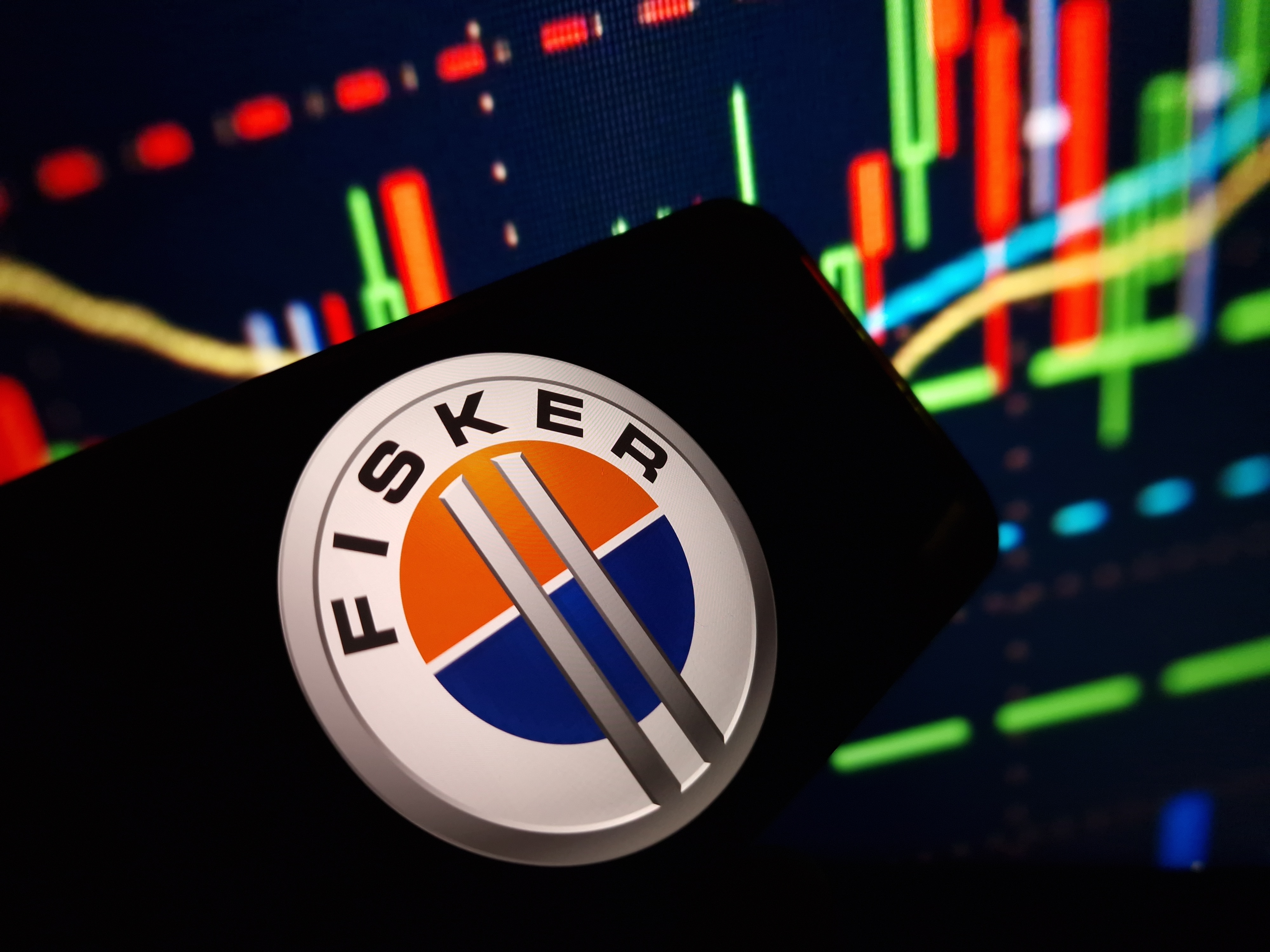
Vernon Litigation Group recently filed multiple FINRA arbitration claims against LPL Financial due to a Connecticut-based LPL advisor overconcentrating client portfolios in a single stock. When a financial advisor begins to overconcentrate a client’s portfolio, especially when it involves one single company’s stock as in these cases, the brokerage firm through which the advisor is registered (LPL in the cases we just filed) should identify this red flag and address it in a way that protects the client. Unfortunately, some brokerage firms fail in these duties of compliance and supervision. If your financial advisor is putting more than 5% of your portfolio in a single stock, then we believe you (as an investor) should view this as a red flag and a reason to question whether you are working with the right financial advisor. This is especially true if you are retired or your portfolio is anything other than an account where you intend to take big risks in an effort to obtain outsized returns.
The overconcentration problem in these recently filed cases against LPL is especially troubling for three reasons, each of which is an additional red flag described below.
First, Fisker was first made available to trade publicly through something called a SPAC (Special Purpose Acquisition Company). This, in and of itself, is a red flag. SPACS became very popular right around the time that Fisker went public and, in just a few years, SPACS have quickly faded away for the most part. Essentially, SPACS raises a bunch of money from investors first and then has a certain amount of time to go out and decide how to invest the money. The result of this is that SPACS often buy businesses without adequate due diligence and that are overvalued. Fortunately, SPACS have fallen out of favor, so it is unlikely that your financial advisor will put you in any investment related to a SPAC, but view it as a red flag if they tout a SPAC or a SPAC-related investment.
Second, the choice of the financial advisor to overconcentrate clients in Fisker stock was another big red flag. Fisker has never been a profitable company. In essence, overconcentrating a client in a stock that has never been profitable, is speculation, not investing. When a financial advisor overconcentrates the portfolio of multiple clients in the stock of a company that is and has not been profitable, the brokerage firm through which the advisor is registered (LPL in the cases we just filed) should quickly identify this red flag and strongly address it in a way that protects the clients. Unfortunately, some brokerage firms fail in these duties of compliance and supervision even when the overconcentration involves an unprofitable company. If your financial advisor is putting more than 5% of your portfolio in the stock of an unprofitable company, this is a big red flag and a reason to move your money away from this financial advisor if you are retired on your portfolio is anything other than an account where you intend to take big risks in an effort to obtain outsized returns.
Third, when financial advisors tell clients that they are also invested in an investment they recommend, that is also a red flag. Whether the financial advisor is actually is invested remains to be seen. However, such a representation gives investors comfort in the recommendation. Unfortunately, if the financial advisor is in fact invested, they cannot give objective advice, particularly if the investment declines. Firms should have special supervision over accounts where clients hold the same investments as the financial advisor. Special supervision would have protected our clients from holding a concentrated investment in now-bankrupt Fisker.
Vernon Litigation Group is a nationally recognized law firm, based in Naples, Florida, that has been successfully representing investors throughout the United States for decades and can be reached via phone at (239) 319-4434 or by visiting Vernon Litigation Group online.
